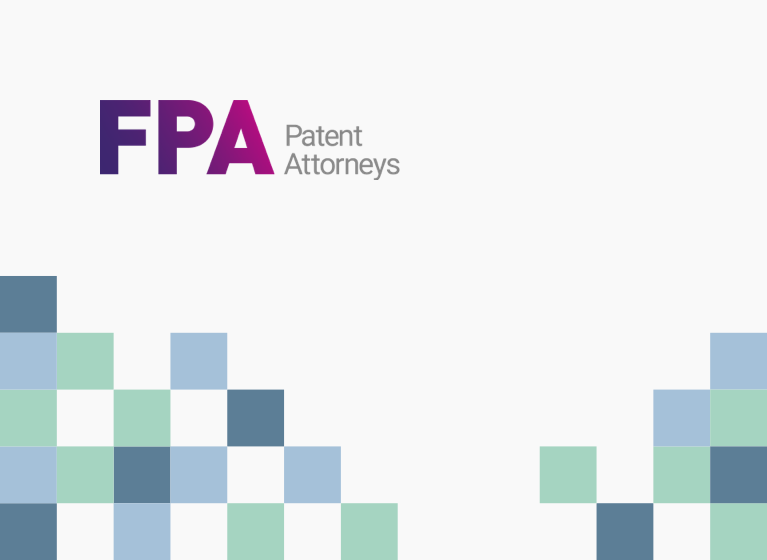The increasing importance of data-driven solutions in the healthcare and life sciences sector is clear from the rise in numbers of patents and patent applications.
In the age of precision medicine tailored treatments can be selected and even specifically designed for individual patients. This is possible by significant advances in our ability to detect and quantify minute biological changes, such as particular point mutations or changes in the number of copies of a particular nucleic acid sequence. But advanced informatics approaches are needed to analyse and interpret the large and complex biological data sets.
Using bioinformatics techniques, sophisticated computer programming is used for applications such as identifying candidates genes and single nucleotide polymorphisms (SNPs), which are important for understanding the genetic basis of diseases, identifying particular adaptations and desirable properties (eg. in developing agricultural variants). In structural biology, bioinformatics is used in the simulation and modelling of DNA, RNA, proteins and biomolecular interactions.
The complexity of this area of technology requires highly specialised technical and legal expertise in both life sciences and computer sciences, and a deep understanding of the particular patent law challenges peculiar to each field. While biotech inventions may generally be considered to relate to inherently patentable subject matter, inventions implemented in software or using AI often face significant hurdles before patent offices. Bioinformatics patents in particular can face an uphill battle due to subject matter eligibility challenges. For these reasons, despite the significant and growing investment in bioinformatics, companies can be reluctant to seek patent protection for their inventions.
We have a proven track record of achievement in this area, assisting clients around the world with their IP needs in areas related to bioinformatics. Based on our multidisciplinary team approach (where our computer science specialists work hand-in-hand with our biotechnology and genomics experts to form customised teams to meet our clients’ needs), our success rates – for successful examination of patent application for inventions in the fields of biotechnology, bio-therapeutics and software – are among the highest in Australia.
Our technical range of expertise includes:
- Next generation genome sequencing and genomics
- Data mining and machine learning
- Computational modeling of molecular structures
Our expertise in action
We have direct experience working with university based researchers (including at The University of Sydney and at Monash University), to obtain patent protection for inventions which make use of bioinformatics in the fields of stem cell technologies, cell biology and diagnostics. The patent portfolios we have helped to create have been successfully licensed to international start-up biotechnology companies.
We also assist our client Illumina in obtaining patent rights for their genetic analysis technology (DNA sequencing techniques and tools), used in research, clinical and commercial applications in areas of life sciences, oncology, reproductive health, agriculture and other emerging segments.





